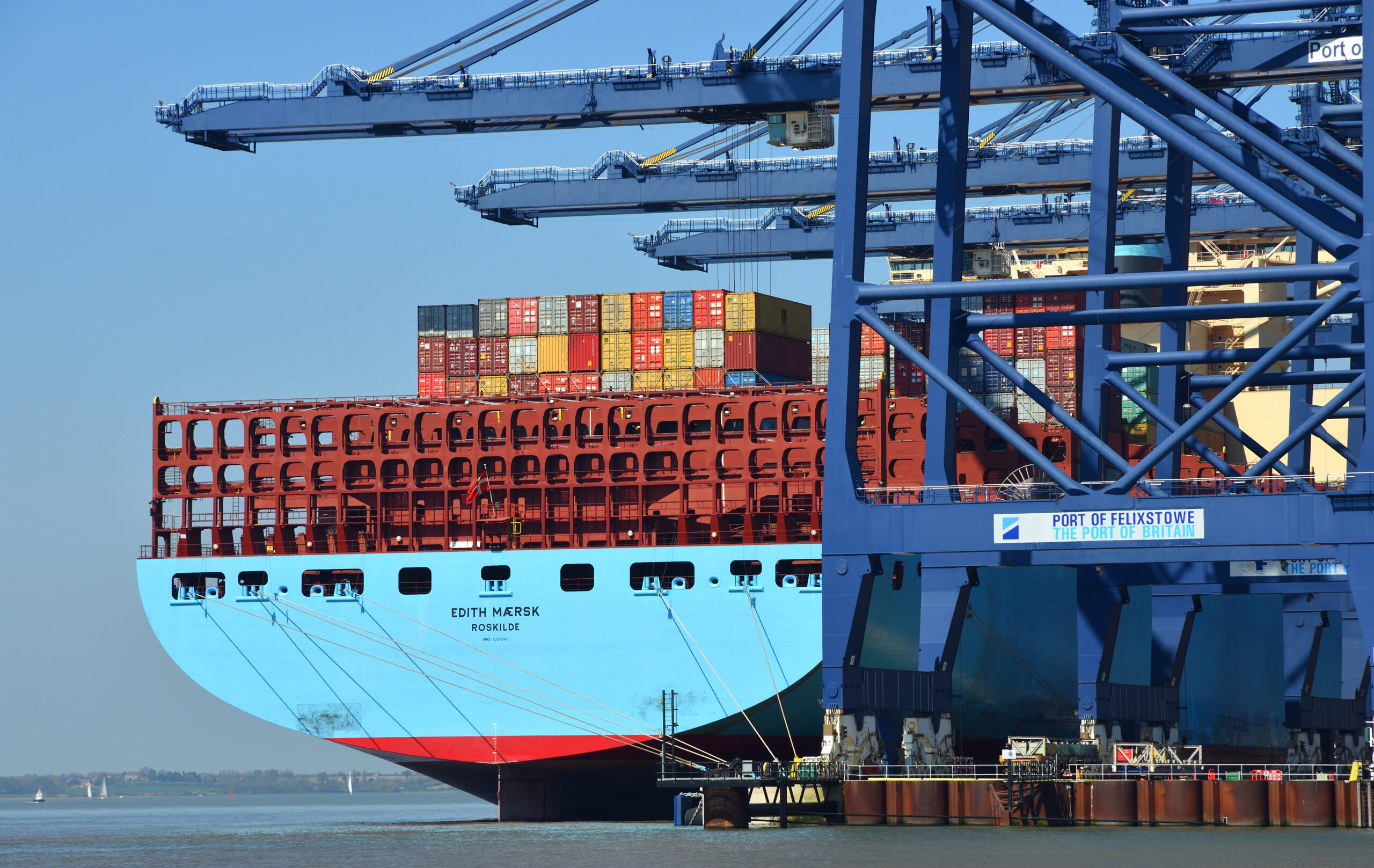New research from University College London’s (UCL) Bartlett Energy Institute suggests that shipping may face up to $400 billion of stranded assets as over a third of the world fleet is non-compliant with the International Maritime Organization’s (IMO) 2050 net zero regulations due to be adopted at MEPC 83 meeting in April 2025.
The report, co-authored by Marie Fricaudet, Dr Nishatabbas Rehmatulla, and Dr Tristan Smith, finds that rapid energy transition of the maritime sector could lead to the ‘premature obsolescence’ of over a third of the existing fleet, unless shipowners invest in retrofitted technology to remain competitive under new IMO 2050 emissions policies. Current and new-order vessels are set to produce more than double the CO2e permitted by the maritime carbon budget (around 9.6 giga tonnes of CO2e) under a 1.5°C-aligned carbon budget.
The energy transition poses both supply- and demand-side risks for international shipping. On the supply-side, rapid and stringent GHG regulations may entail the early scrapping of carbon-intensive vessels. While these risks can be in part mitigated through the retrofitting of zero-emissions technology, the report acknowledges that this is a costly alternative that will likely lead to asset devaluation.
In terms of demand-side risks, because over one third of global shipping capacity is used in the transportation of fossil fuels, the transition away from fossil-fuels will reduce demand for oil, coal and LNG/LPG transportation. LNG transport in particular faces a significant risk of oversupply, with 26-32% of fleet value potentially being stranded by 2030.
The authors recommend that shipowners and financiers account for demand-side risks by avoiding investments in market segments with uncertain demand prospects. Instead, investments should be directed toward ‘optionality for repurposing to other cargoes, and by factoring this risk into expected returns’.
Retrofitting fossil fuel carriers to transport alternative fuels (such as methanol or ammonia) has the potential to reduce stranded asset risks. However, if this is not feasible due to technical limitations, lack of financing or inadequate shipyard capacity, then the entire value of the ship will be at risk.
Over 40% of ocean-going vessels are involved in the transportation of fossil fuels and most ships are powered by fossil fuels. The stated aim of the report is to raise awareness among industry stakeholders and financiers about the ‘urgent need to assess their current investments and, where necessary, realign them to better respond to evolving market conditions and climate goals’.
Dr Nishatabbas Rehmatulla, Principal Research Fellow, UCL Energy Institute, commented: ‘Our research to date consistently shows that the majority of shipping stakeholders particularly investors including shipowners and financiers, are not anticipating an ambitious transition. This research shows that an investment strategy that is based on “watch and wait” is a risky strategy, it could lead to rapid unanticipated write-downs and losses from forces within and outside the sector.’
The report concludes that investment decisions have been slow to reflect the IMO’s revised GHG strategy that was adopted in 2023. Investments in dual-fuel engines are presented as a prudent approach that provides shipowners with flexibility amid uncertainty over the future fuel mix. Industry stakeholders are encouraged to de-risk their investments by carefully considering investing in market segments with uncertain long-term demand, especially in transporting fossil fuel products, planning for vessel repurposing to alternative cargo types, and factoring transition risks into expected returns to ensure resilience.
Dr Tristan Smith, Professor of Energy and Transport, UCL Energy Institute, added: ‘With evidence from earlier this month that further momentum is building behind a universal GHG price and package of IMO mid-term measures that can strongly incentivise transition, there will be further crystallisation of that risk this year. But perhaps a key point from this analysis is that at the point when it is beyond doubt that fossil fuel technologies, including LNG as a fuel and cargo, face rapid contraction, it will be too late for many to take corrective action.’



